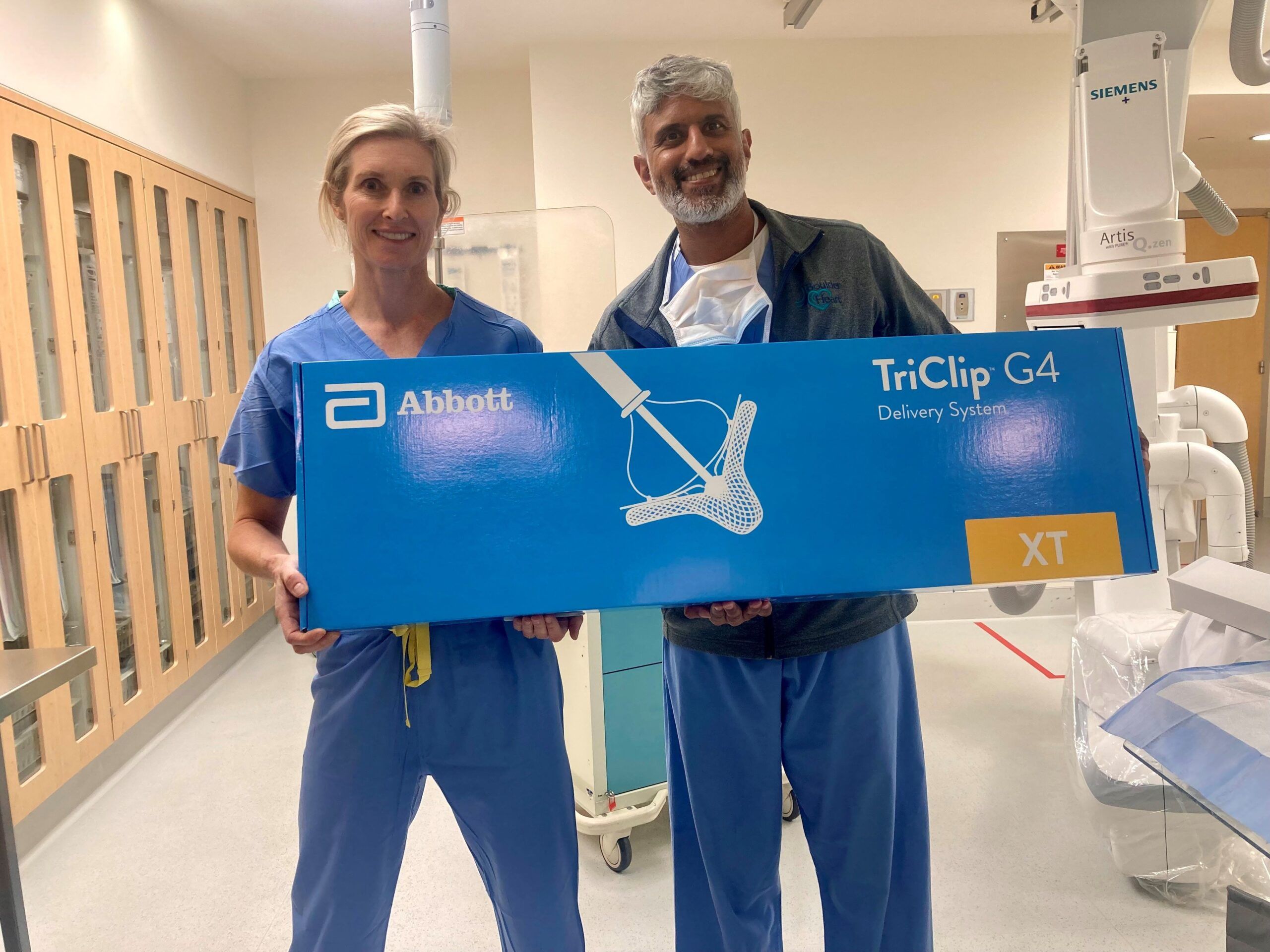Mental Health Partners Colorado leaves red ink behind in turnaround

BOULDER — When Hans Wiik stepped in as interim CEO of Mental Health Partners Colorado — the nonprofit serving Boulder and Broomfield counties with more than 400 employees — the agency had been running a deficit for three years running.
“He was on the board (of directors) at the time we parted ways with the former CEO,” said Roxanne Bailin, the former chief judge of the 20th Judicial District in Boulder. “He stepped up in a pretty terrific way to fill that CEO position and did what needed to be done. We’re very grateful to him.”
For the fiscal year ending on June 30, 2016, the last year reported on the MHP website, the nonprofit had a net loss of about $1.3 million on a total budget of about $43.6 million. Wiik said the deficits ran through 2018, and the former CEO stepped down in March of that year.
“Basically, we’re well back in the black now, and we’ve built up all of our reserves,” Wiik said. “For our 400-plus employees that’s building trust internally, and (also) building trust externally with our community partners. They really want to know that we’re financially stable.”
Community partners are extremely important for the agency as Boulder County contributes about 18 percent of the total funding, the state of Colorado about 8 percent and Broomfield County and other local governments about 5 percent.
But by far the biggest contributor to the agency’s budget is federal Medicaid funding. Bailin said one of the first things Wiik did was to ensure that those dollars were being accurately reported and estimated, which is a much more difficult task than might be imagined.
Essentially, Medicaid funding has become more and more dependent upon proving that the services were diverting patients from more costly emergency room and hospital beds. There were also leadership changes in the Medicaid program and the partners through which MHP obtains its funds.
“I thought hospitals were complex, but funding for mental health is very difficult, especially when you are serving a safety net population,” Wiik said. “They (Medicaid) pay us every month, but they are paying under an old agreement that should have been changed in June. There are a lot of pieces that have to be put together.
Bailin, whose long tenure as a judge included creating diversion programs for mental illness and addiction, credited Wiik’s “very long history with health care” as pivotal in the turnaround.
“He understands health care very well,” she said. “He put an emphasis on being engaging with our employees, and hired financial people who did a wonderful job for us.”
Wiik has active pharmacist licenses in Colorado and Oregon, but he received a graduate hospital management degree from the University of California at Berkeley, went into management at Children’s Hospital in San Francisco and was the CEO of the largest behavioral health hospital in southern California during the 1980s. While serving on the MHP board, he was still extremely active in management consulting for hospitals across the nation.
Because salaries are the No. 1 expense at MHP, that was one place he initially had to find room to make cuts. “But we did it without eliminating any positions that were interacting with patients,” he said. “We sort of flattened out our administrative staff.”
Today, Wiik said he needs to reward his employees for several years of faithful service when funds were tight.
“We had not had an increase for our staff for several years,” he said. “We need to reward them for that.”
In fact, Wiik said that workforce is one of the driving problems he hopes to address in the coming months, as many people who work for MHP cannot afford to live in the communities they serve. Wiik said he agreed to serve two years as interim CEO, if needed, which would end in March 2020, but he would be willing to serve an additional year, if the board requests.
Support from the board is one thing he does appear to have at this time, at least according to board member Seth Patterson.
“Hans was really able to stabilize MHP; he did a ton of community outreach, calmed everyone’s nerves and improved relations with our community partners.”
BOULDER — When Hans Wiik stepped in as interim CEO of Mental Health Partners Colorado — the nonprofit serving Boulder and Broomfield counties with more than 400 employees — the agency had been running a deficit for three years running.
“He was on the board (of directors) at the time we parted ways with the former CEO,” said Roxanne Bailin, the former chief judge of the 20th Judicial District in Boulder. “He stepped up in a pretty terrific way to fill that CEO position and did what needed to be done. We’re very grateful to…
THIS ARTICLE IS FOR SUBSCRIBERS ONLY
Continue reading for less than $3 per week!
Get a month of award-winning local business news, trends and insights
Access award-winning content today!




